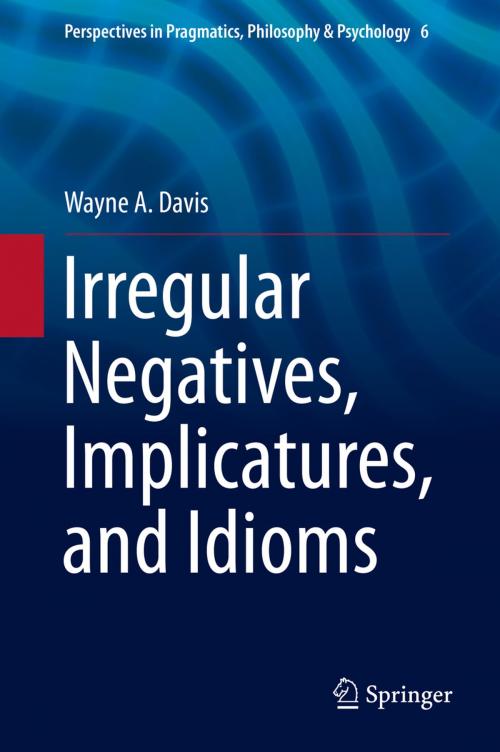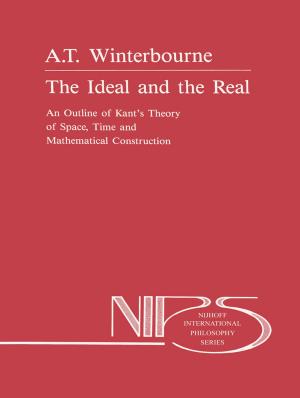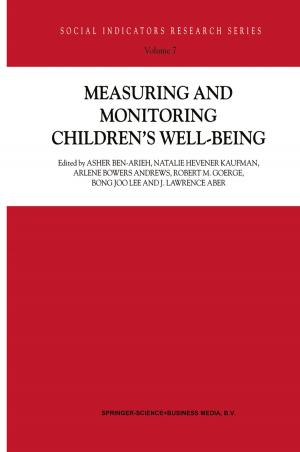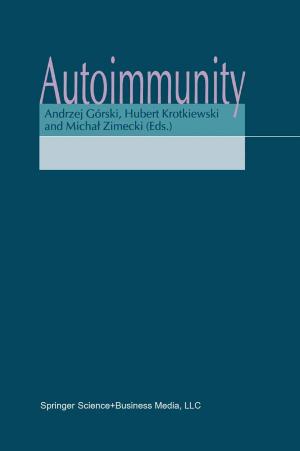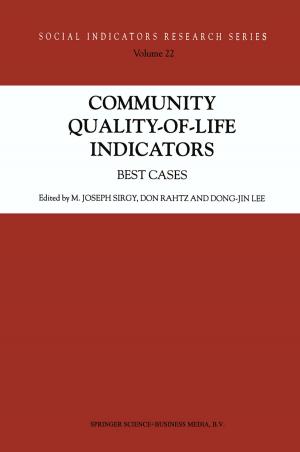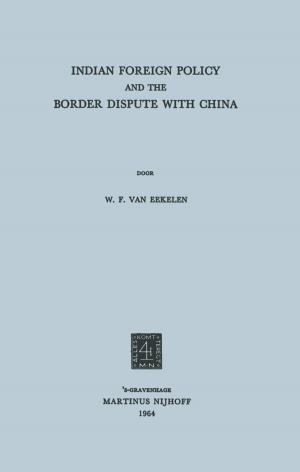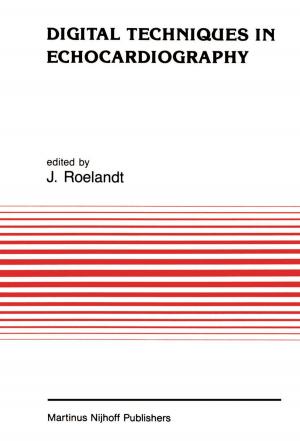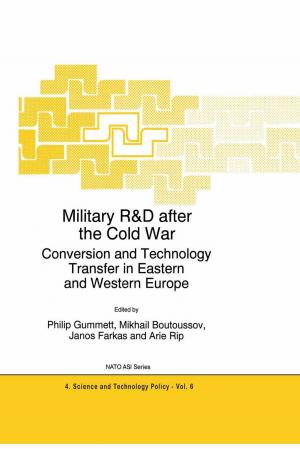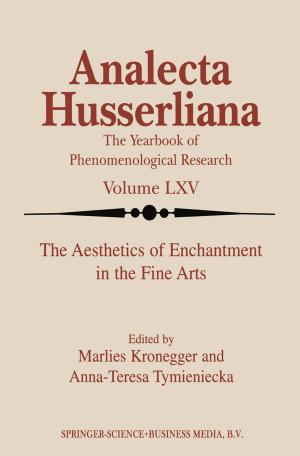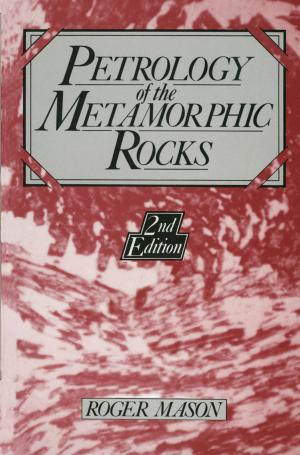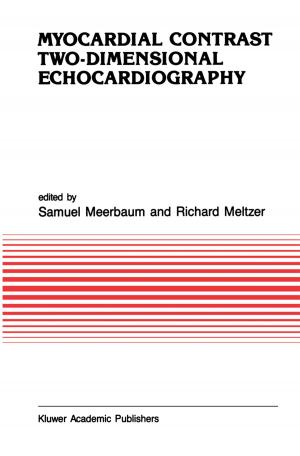Irregular Negatives, Implicatures, and Idioms
Nonfiction, Religion & Spirituality, Philosophy, Reference, Reference & Language, Language Arts, Linguistics| Author: | Wayne A. Davis | ISBN: | 9789401775465 |
| Publisher: | Springer Netherlands | Publication: | April 15, 2016 |
| Imprint: | Springer | Language: | English |
| Author: | Wayne A. Davis |
| ISBN: | 9789401775465 |
| Publisher: | Springer Netherlands |
| Publication: | April 15, 2016 |
| Imprint: | Springer |
| Language: | English |
The author integrates, expands, and deepens his previous publications about irregular (or “metalinguistic”) negations. A total of ten distinct negatives—several previously unclassified—are analyzed. The logically irregular negations deny different implicatures of their root. All are partially non-compositional but completely conventional.
The author argues that two of the irregular negative meanings are implicatures. The others are semantically rather than pragmatically ambiguous. Since their ambiguity is neither lexical nor structural, direct irregular negatives satisfy the standard definition of idioms as syntactically complex expressions whose meaning is non-compositional. Unlike stereotypical idioms, idiomatic negatives lack fixed syntactic forms and are highly compositional. The final chapter analyzes other “free form” idioms, including irregular interrogatives and comparatives, self-restricted verb phrases, numerical verb phrases, and transparent propositional attitude and speech act reports.
The author integrates, expands, and deepens his previous publications about irregular (or “metalinguistic”) negations. A total of ten distinct negatives—several previously unclassified—are analyzed. The logically irregular negations deny different implicatures of their root. All are partially non-compositional but completely conventional.
The author argues that two of the irregular negative meanings are implicatures. The others are semantically rather than pragmatically ambiguous. Since their ambiguity is neither lexical nor structural, direct irregular negatives satisfy the standard definition of idioms as syntactically complex expressions whose meaning is non-compositional. Unlike stereotypical idioms, idiomatic negatives lack fixed syntactic forms and are highly compositional. The final chapter analyzes other “free form” idioms, including irregular interrogatives and comparatives, self-restricted verb phrases, numerical verb phrases, and transparent propositional attitude and speech act reports.
